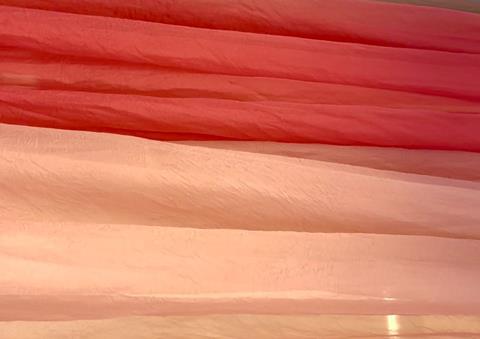Dye joins company’s growing list of sustainable solutions developed from avocado byproducts
Westfalia Fruit has partnered with UK startup Sages London to develop an innovative method of extracting a natural, sustainable dye from avocado stones.

The process extracts perseorangin, a rare and sought-after natural pigment, from avocado stones collected at Westfalia’s UK facility. This is then converted into a dried powder with an extended shelf-life, which can be used to create eight distinct shades ranging from light yellow to rich reddish-brown, creating new opportunities for sustainable colouring solutions across multiple industries.
Westfalia said the move marks a significant advancement in total crop utilisation. Any unsuitable avocados are processed at the company’s facility into products like avocado pulp, smashed avocado, guacamole, and more. The avocado skins and seeds from the process, which were previously typically used in low-value applications such as anaerobic digesters, are now finding new, innovative, higher value alternative uses.
“This breakthrough represents a significant step in our journey toward our total crop use strategy,” said Andrew Mitchell, the company’s head of group innovation. “By transforming what was once considered byproduct into a valuable resource, we’re creating sustainable solutions that benefit multiple industries.
“The ability to produce eight distinct natural shades while maintaining our commitment to use the entire fruit demonstrates the potential of innovative thinking in sustainable agriculture.”
Besides the dye extraction, remaining materials from the avocado skins and stones are also processed into additional valuable products – for example, starches are directed to paper manufacture as a precursor to packaging production, whilst ground materials find applications in cosmetics as natural exfoliants, as alternatives to micro-plastics.
Westfalia said the innovation comes at a time when consumer demand for natural, sustainable products continues to rise across fashion, beauty and packaging sectors.
“The commercial potential and versatility of the natural dye have already been demonstrated through several high-profile applications. The pigment’s successful showcase at London Fashion Week highlighted its viability in sustainable fashion, while ongoing collaborations with industry leaders in cosmetics and packaging demonstrate its cross-sector appeal,” the company said.
Away from the UK, the process shows scalability as plans are underway to understand how the technology could be expanded to additional Westfalia facilities in Europe, where more avocado byproduct can be processed using the same techniques. This same application could also be expanded to Westfalia’s global operations.



